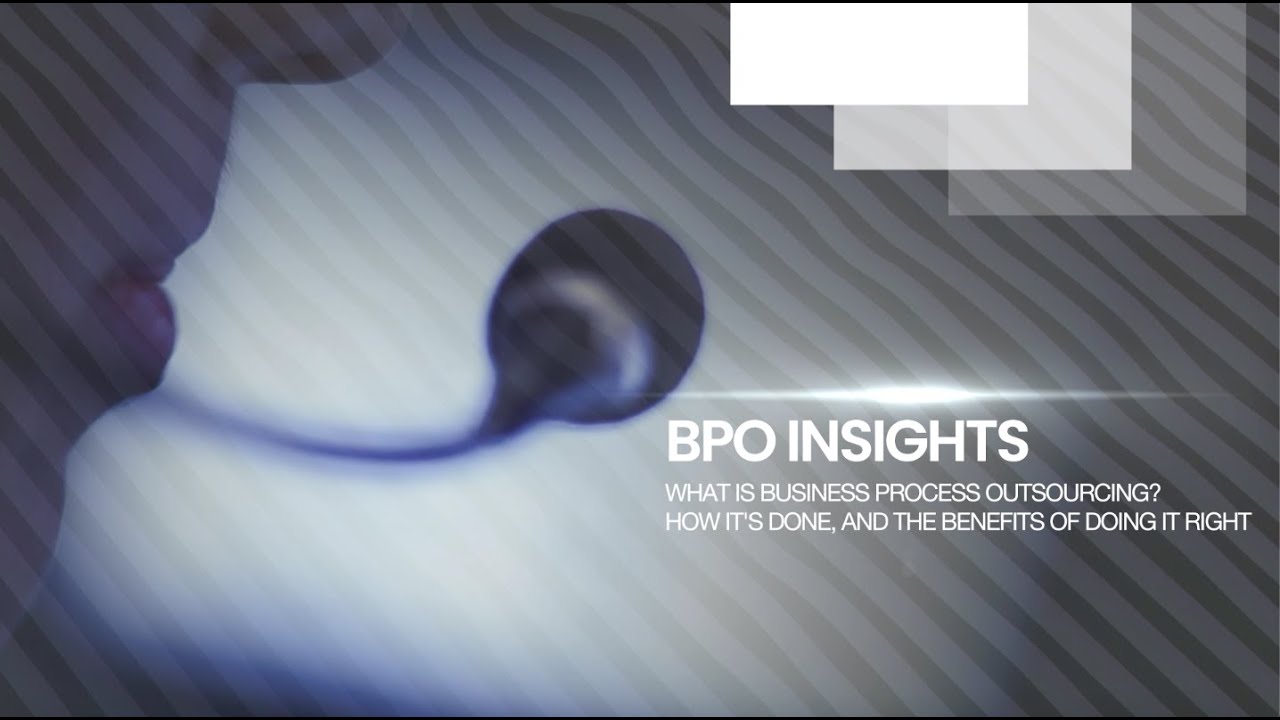Business process outsourcing (BPO) is a strategy used by companies to increase efficiency and reduce costs. BPO is the practice of subcontracting specific business processes to a third-party service provider. The main goal of business process outsourcing is to reduce costs, improve efficiency, and allow companies to focus on their core competencies.
Benefits of Business Process Outsourcing
Business process outsourcing can help companies in many ways, including:
- Reduce costs: Outsourcing non-core business processes can reduce overhead costs and help businesses achieve cost savings.
- Increase efficiency: By outsourcing specific processes, businesses can free up resources to focus on their core competencies.
- Improve customer service: By outsourcing customer service processes, businesses can provide a better customer experience.
- Gain access to specialized skills: Outsourcing can give businesses access to specialized skills and resources that may not be available in-house.
- Reduce risks: Outsourcing can help businesses reduce the risk associated with certain processes.
Types of Business Process Outsourcing
Business process outsourcing can involve a variety of processes, including:
- Customer service: Companies can outsource customer service processes such as call center operations, help desk support, and technical support.
- Accounting and finance: Companies can outsource accounting and finance processes such as bookkeeping, payroll, and accounts payable/receivable.
- Human resources: Companies can outsource human resources processes such as recruitment, training, and employee benefits.
- Data entry: Companies can outsource data entry processes such as data entry, data mining, and data analysis.
Finding the Right Outsourcing Partner
When selecting an outsourcing partner, businesses should consider factors such as:
- Cost: Cost is an important factor to consider when selecting an outsourcing partner.
- Quality: The quality of services provided by the outsourcing partner should be evaluated.
- Experience: The experience and expertise of the outsourcing partner should be evaluated.
- Culture: The culture of the outsourcing partner should be compatible with the company’s culture.
- Location: The location of the outsourcing partner should be taken into account.
Advantages of Business Process Outsourcing
Business process outsourcing offers many advantages to companies, including:
- Reduced overhead costs: Outsourcing non-core business processes can reduce overhead costs.
- Increased efficiency: By outsourcing specific processes, businesses can free up resources to focus on their core competencies.
- Improved customer service: By outsourcing customer service processes, businesses can provide a better customer experience.
- Gained access to specialized skills: Outsourcing can give businesses access to specialized skills and resources that may not be available in-house.
- Reduced risks: Outsourcing can help businesses reduce the risk associated with certain processes.
Conclusion
Business process outsourcing is a popular strategy used by companies to increase efficiency and reduce costs. It can help businesses reduce overhead costs, increase efficiency, improve customer service, gain access to specialized skills, and reduce risks. When selecting an outsourcing partner, businesses should consider factors such as cost, quality, experience, culture, and location.




